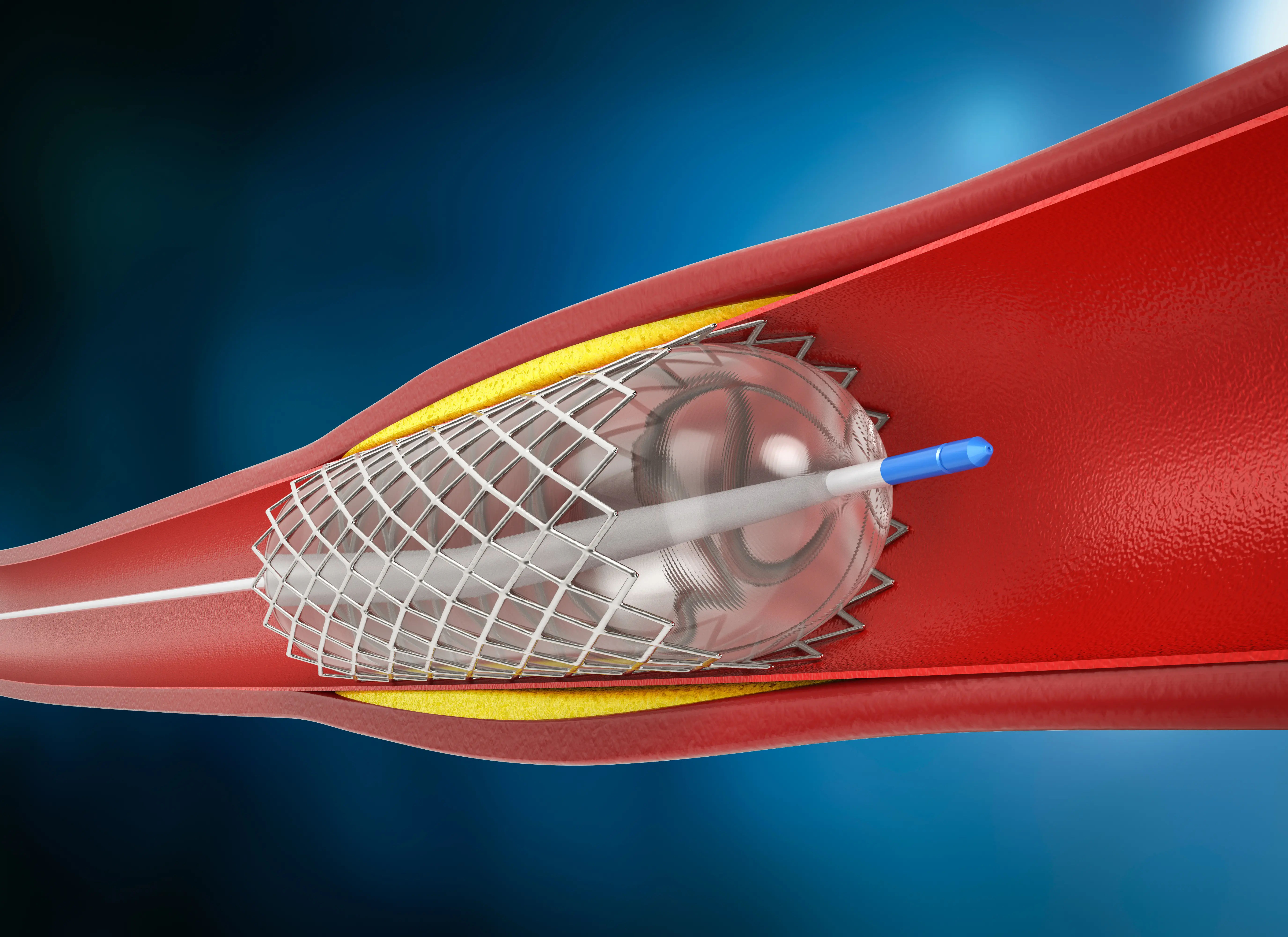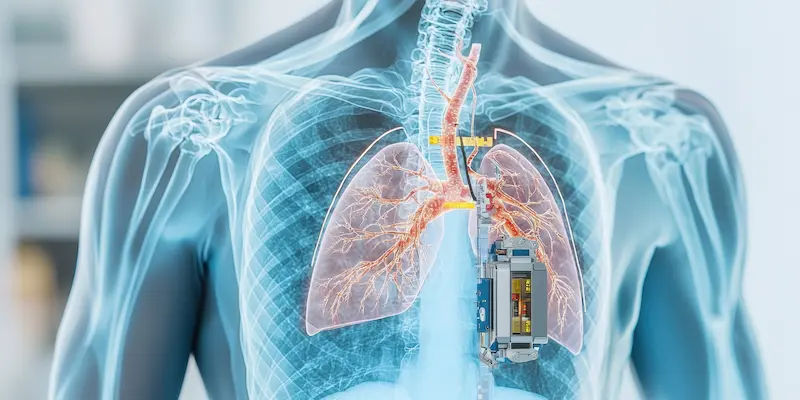- female
- 52 Years
- 20/02/2025
I'm really struggling with these intense headaches since I've been taking telmisartan 40mg with hydrochlorothiazide 12.5mg every day. Even though my blood pressure is normal around 12879, the headaches won't go away, and they're really affecting my daily life. I'm also on propranolol 40mg and flunarizine 12.5mg for my cervical spine issues, but the pain is still so bad. Is there any alternative to telmisartan that won't cause these headaches, or maybe any tips on how to avoid these side effects? I'm 52 and really need some advice on how to manage this.
Answered by 1 Apollo Doctors
This needs further evaluation like rule out causes of hypertension like renal and central causes,visit Physician for the same
Dr. Mubarak Suggests...
Consult a Cardiologist
Answered 25/07/2025
0
0

More Cardiology Health Queries
View allI'm feeling this fluttering sensation on the upper left side of my chest and it's like my breath stops for a moment. I've had an ECG and all that, and apparently, everything is normal. Do you think it could be acidity or something else?
it should be acidity
Answered by 1 Apollo Doctors
I've noticed my heart rate usually stays between 80 to 92. Should I be worried about this, or is it normal? Just want to know if there's any concern with my heart.
Hi, Heart rate between 60 to 100 beats per minute is considered normal. A heart rate of 80 to 92 falls within this range and is generally not a cause for concern. However, if you are experiencing any other symptoms such as chest pain, shortness of breath, dizziness, or fainting, it is advisable to consult a healthcare professional for further evaluation.
Answered by 1 Apollo Doctors
I'm a bit worried because I had an Eco ECG TMT and some blood tests done about a month ago, and everything came back normal. But now, for the past two days, I've been having this pain in my left chest, especially when I'm trying to sleep. It's hard to get comfortable, and breathing seems to make it worse when I'm lying down. Any idea why this is happening if all my tests were normal? Could you suggest any painkillers that might help?
See a specialist for accurate diagnosis and targeted treatment.
Answered by 1 Apollo Doctors
Disclaimer: Answers on Apollo 247 are not intended to replace your doctor advice. Always seek help of a professional doctor in case of an medical emergency or ailment.




.webp)
